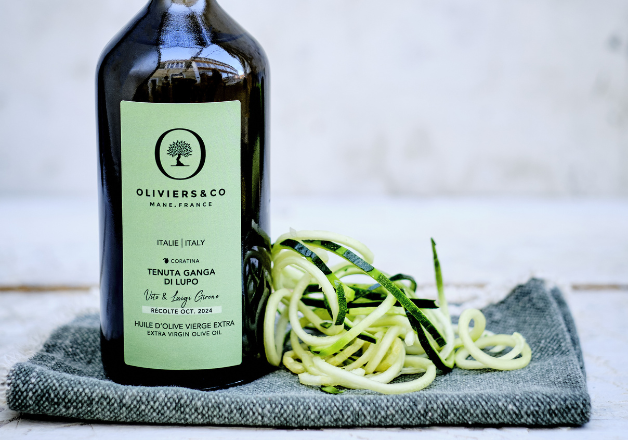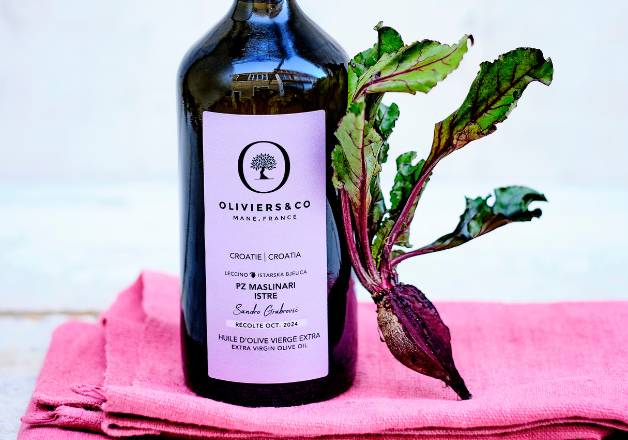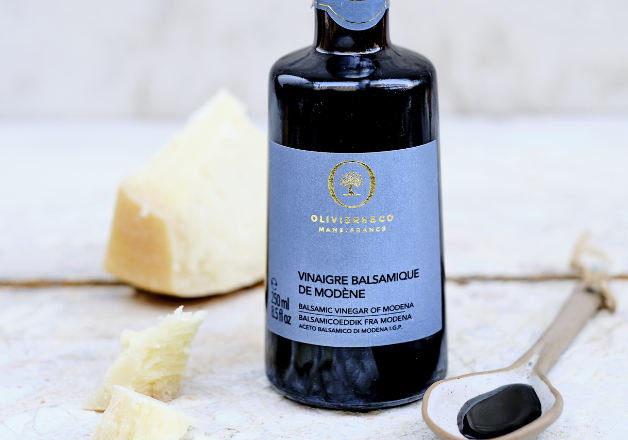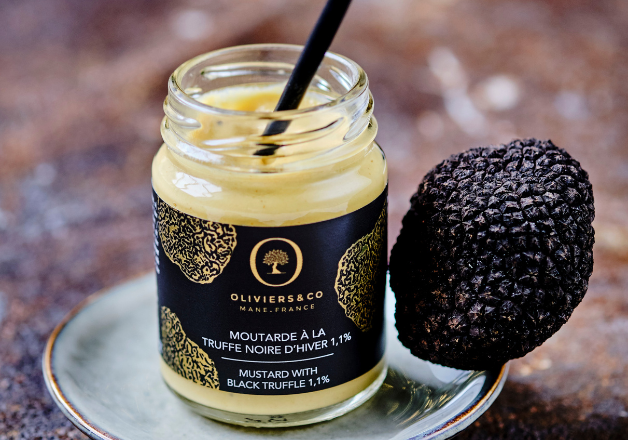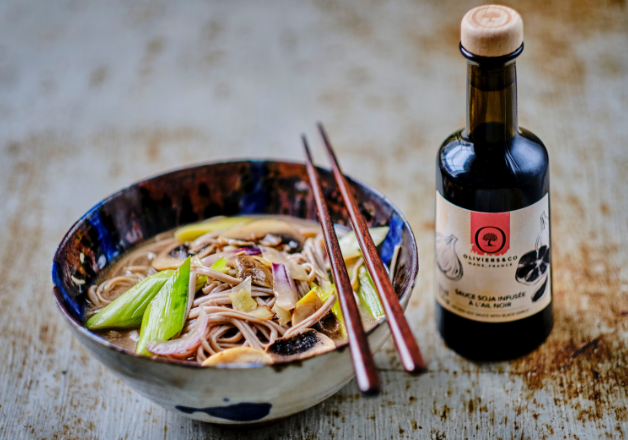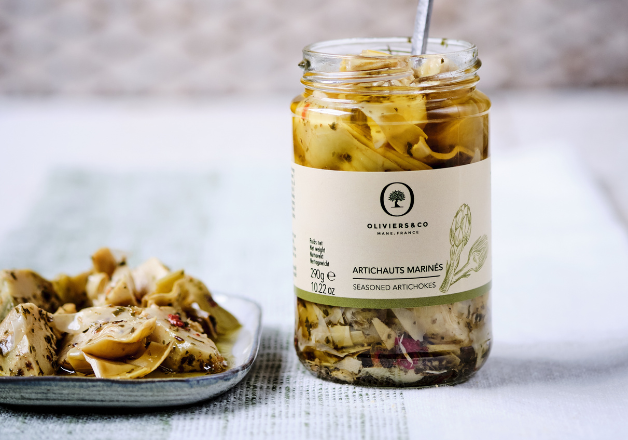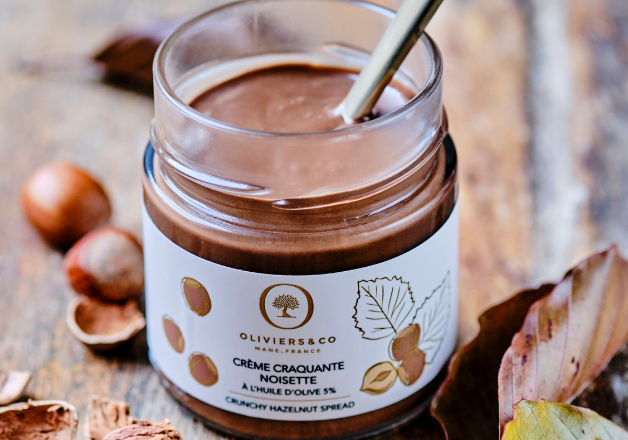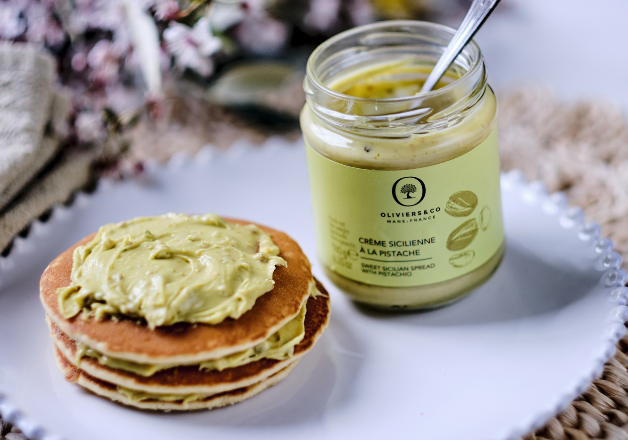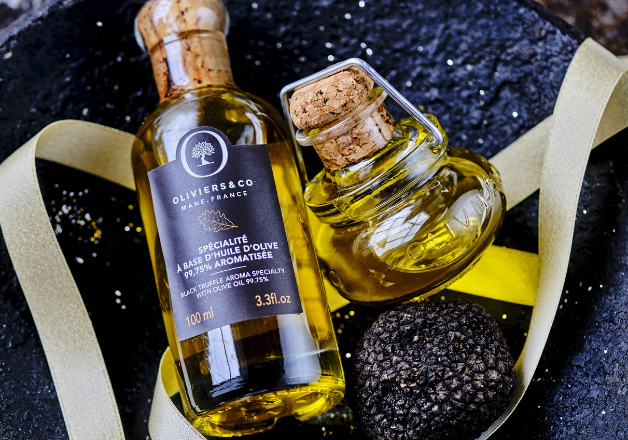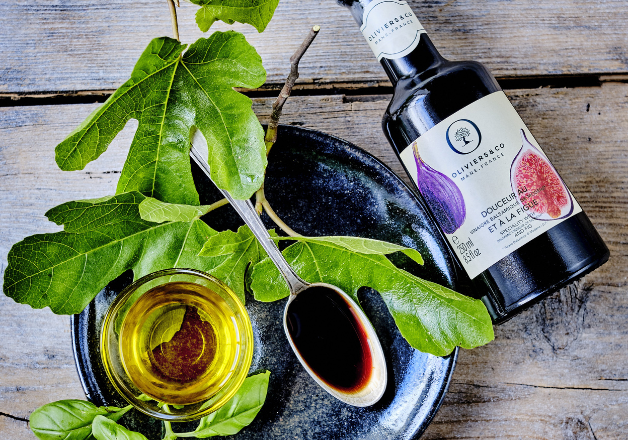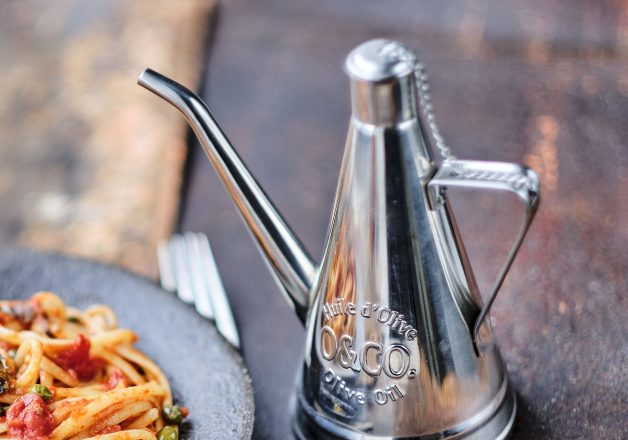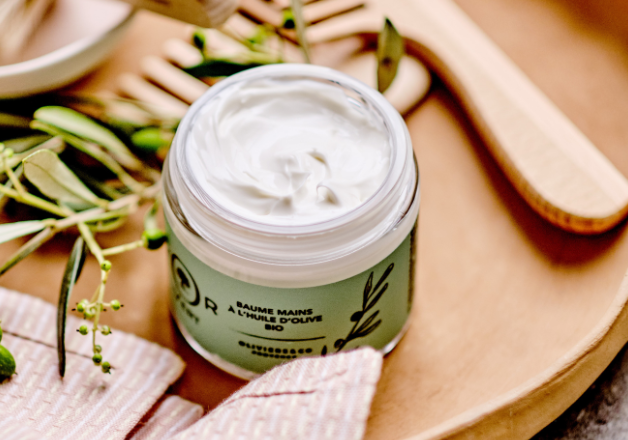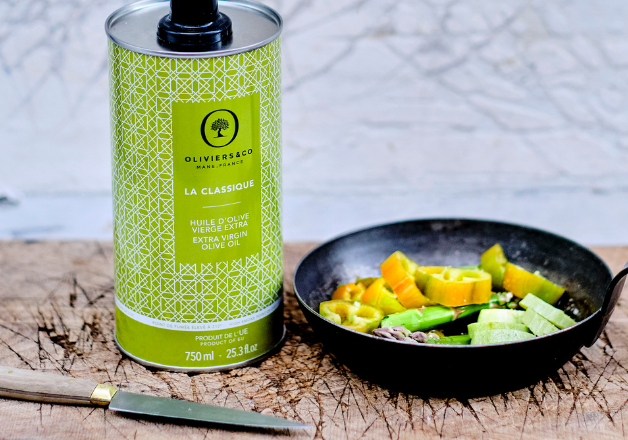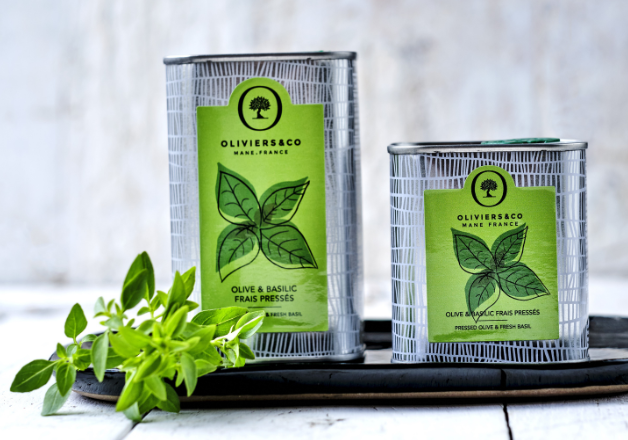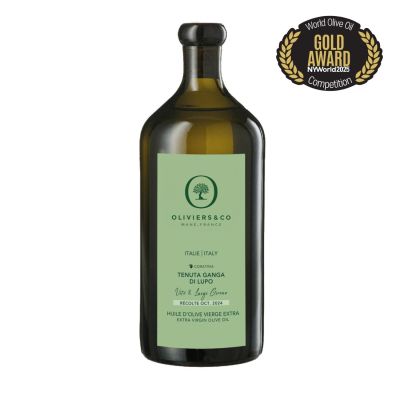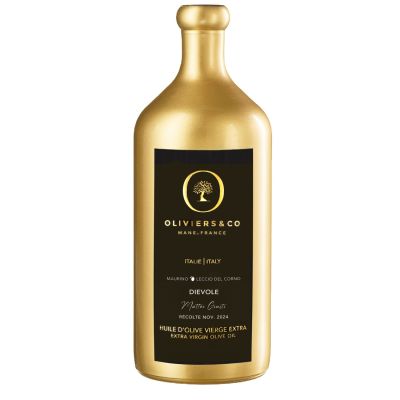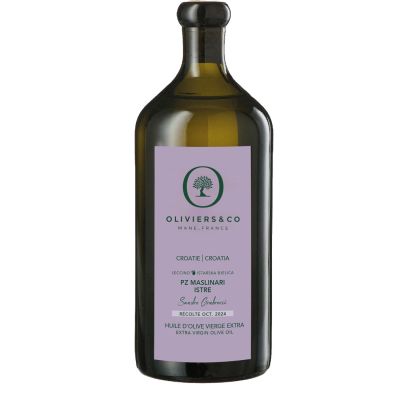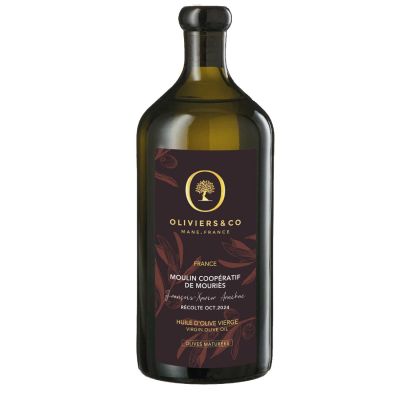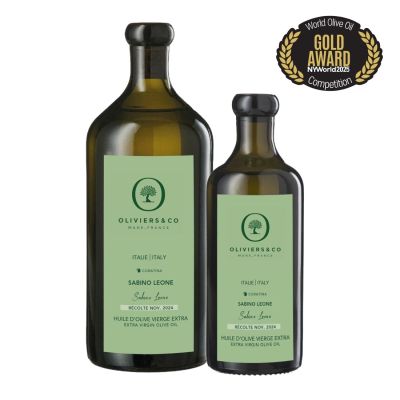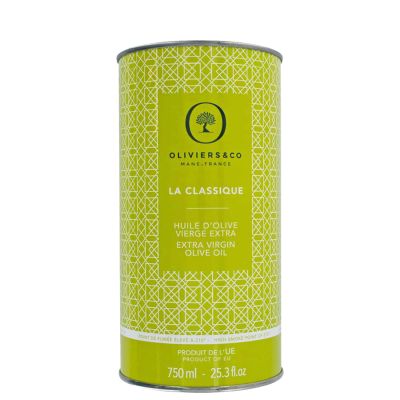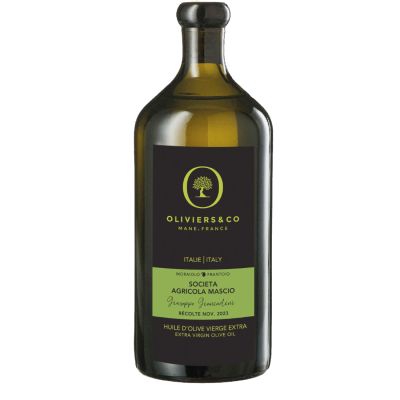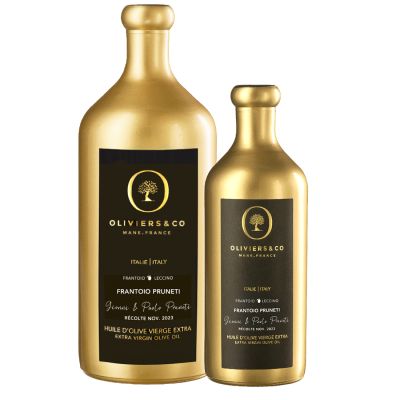

When it comes to cooking oils, there's often a debate over which one reigns supreme: canola oil or olive oil. Each has its own unique characteristics and culinary uses, but understanding their differences is key to making informed choices in the kitchen. Let's delve into the details to shed light on this culinary conundrum.
What is Canola Oil Exactly?
Canola oil is derived from pressing canola seeds that have been properly crushed and heated. It boasts a distinct yellow hue, a notably greasy texture, and a characteristic aroma. Once a primary source of income in France, canola oil production has diminished in recent years due to challenges associated with cultivation, low oil extraction yields, and its acquired taste. Despite its reduced prominence, canola oil remains a significant oilseed crop in France. Advances in research have boosted yields per hectare, enhanced the final product, and positioned it as a staple oil for everyday consumption. However, it's worth noting that canola oil's nutritional profile falls short compared to olive oil.
Converting Vegetable, Sunflower, or Canola Oil to Olive Oil
For those seeking alternatives to vegetable, sunflower, or canola oil, premium extra virgin olive oil stands out as an excellent substitute. Whether your recipe calls for baking, frying, or sautéing, olive oil can seamlessly replace these oils without compromising flavor or texture. In dessert recipes that typically call for vegetable oil, olive oil can be substituted at a one-to-one ratio, offering a delightful enhancement to the taste profile. Just imagine the rich and nuanced flavors of gourmet olive oil complementing the sweetness of a chocolate or carrot cake to perfection.
In conclusion, while canola oil may have its merits, the unparalleled taste, nutritional benefits, and culinary versatility of olive oil make it a standout choice for discerning cooks. Whether drizzling over salads, roasting vegetables, or baking delectable desserts, olive oil elevates every dish to new heights of flavor and satisfaction. So, the next time you're faced with the canola oil vs olive oil dilemma, let your taste buds and health-conscious instincts guide you towards the golden goodness of extra virgin olive oil.

